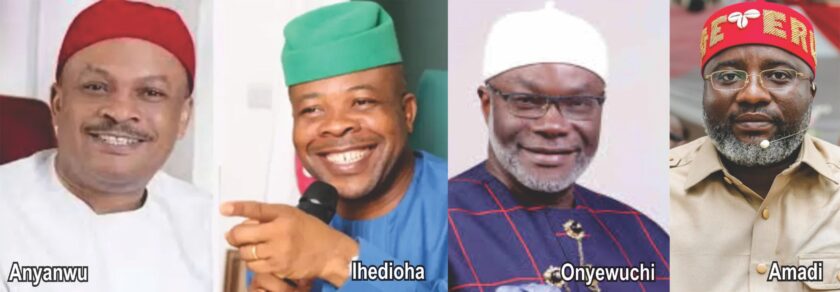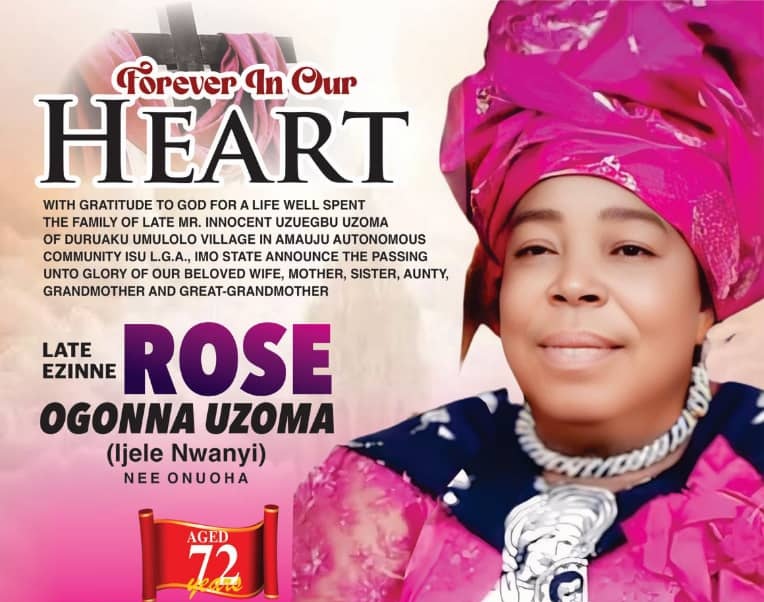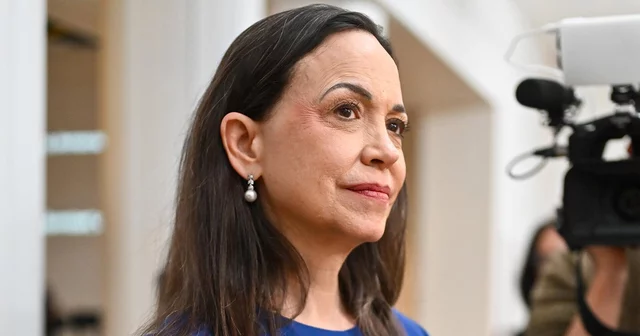BY RICHARD ODU
No advise could be more germane than that which Gov. Hope Uzodimma of Imo State gave to more than 60 new traditional rulers who collected their certificates and staff of office recently in the capital city of Owerri. He told them to treat their subjects in a manner that pleases God, urging them not to see their subjects as slaves but to demonstrate honesty, peace and justice in leadership.
He also warned them against ruling their communities from other lands, vowing to withdraw their recognition if that happens.
Remarkably, the exercise went smoothly with no records of rancour in the benefitting communities as new rulers and those replacing departed ones went home happy and hopeful.
It was General Muhammadu Buhari that brought traditional rulers to the front seat in post-war Nigeria. That was in 1984 when he overthrew the elected government of former President Shehu Shagari to become the Head of State. Among his first pronouncements was that he was going to recognize the traditional stool in Nigeria. He gave the Emirs, Obas, Obis, Obongs, Amayanagbos, Olus, and their likes recognition in the affairs of government, albeit ceremonial, and paid them stipends from the public coffers.
In the area now known as South east, the concept of Igbo enweghieze (Igbo have no kings) or Igbo amaghieze (Igbo know no kings) posed some kind of problems in this federal government scheme for the royal fathers, perhaps because of the republican nature of Igbo people in that zone. Although the concepts have been a topic of study, we are aware that no system ever remains static as nations intermingle and cultures influence each other. However, one could argue that if Igbo had no kings, the word “eze”, meaning “king”, would not have been found in their lexicon. And if they knew no kings they would not have bothered to have the Igwe and nze-na-ozo in their traditional system of administration.
Apparently, the traditional rulership system at a stage became dormant in Igbo land until the British colonial masters decided to reawaken it after the 1914 Amalgamation of what they knew then as the Northern and Southern protectorates. They had found it a veritable tool for their indirect rule system in the south, having successfully applied it in other parts of Nigeria.
The exit of the colonial masters after independence, again, sent traditional rulers into oblivion until Buhari returned them to relevance even though no constitutional role was assigned to them
Perhaps, the juicy packages that have been attached to the royal seats sparked off a scramble for the stools, some of which have ignited so much fight and bitterness in the bourgeoning autonomous communities across the nation.
In Imo State, going by records available, the number of autonomous communities has jumped from 200 in 1979 to more than 800 today. Yet, a good number of demands are still queuing up, patiently and hopefully, in the House of Assembly which serves as the mill that rolls out these kingdoms with ease.
In the same vein, the number of disputes over traditional stools has escalated in the communities. In some cases, unpopular candidates show up and seize the instruments of authority with which to lord it over the communities for their personal gains. Others spend fortunes to buy the stools just to burnish their image probably battered by their poor conduct in the society. The result is acrimony, rancour and resentment that lead to avoidable violence and protests.
The situation is not helped by the house members who, at certain points, see their assignment of making autonomous communities as a goldmine. They place outrageous non-statutory monetary demands on seekers of these entities, thus making the staff of authority in the created autonomous communities available to the highest bidders who turn out, sometimes, to exploit their subjects in their bid to recoup what they had spent and, at the same time, make stupendous profit from the deal.
Although they do not have constitutionally expressed roles, traditional rulers are vital in keeping harmony within the grassroots. They galvanize development in the rural areas. They settle quarrels arising in the villages and use their authority to reduce crime. In these trying times, they ought to be the arrowheads of security arrangements in the communities, especially as there are threats of external aggressors and the fear of attacks from stranger elements in the form of killer herdsmen and bandits. They are custodians of our rich cultural heritage and are significant in showcasing our essence as Africans.
These functions, unfortunately, cannot be carried out when the kingdoms are embroiled in quarrels and litigations over the stools. It is obvious that there cannot be peace, and by extension, development in a community where there are two, three or four persons parading themselves as eze. Semblances of peace in some of the embattled communities can only be described as the calmness in the graveyard.
When these disputes, some of which still simmer today, were in their embryonic stage, the administration of former governor Rochas Okorocha was wise enough to set up panels that looked into the issues as they arose. But that government fell short of expectations as the panel reports were later buried in the files due to bureaucratic insincerity. Okorocha also made an attempt to create a fourth tier of government in his time by instituting the Community Development Council (CDC), with the traditional rulers at the head.
This, however, was not well founded.
One good thing is that Gov. Uzodimma recognizes the importance of these rulers in security. “Raise vigilance groups and work with the youth to defend your communities,” he told them.
The administration cannot afford to let the pockets of conflicts simmer further in the grassroots. These conflicts arise from intrigues of ambitious men who fear to subject themselves to the people in a democratic contest. The authorities should painstakingly look into those rumbling kingdoms to identify where the government may have made the mistake of according recognition to the wrong candidate and bring about peace by applying justice in the affected areas.
Our governor should holistically treat this problem of headless kingdoms in Imo State. If he does this, he would be achieving administrative harmony in the grassroots and it would be counted positively for him, in addition to the numerous achievements he has made so far in the state. With genuine peace in these communities, time used in settling petty quarrels at the grassroots would be applied to more meaningful ventures.




